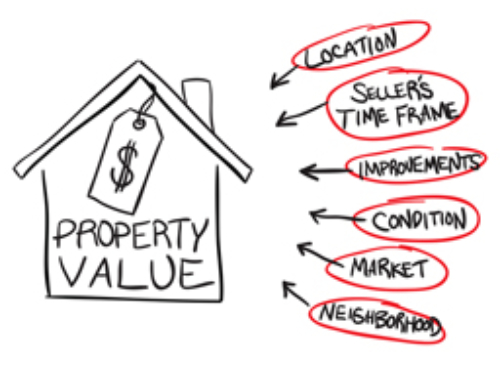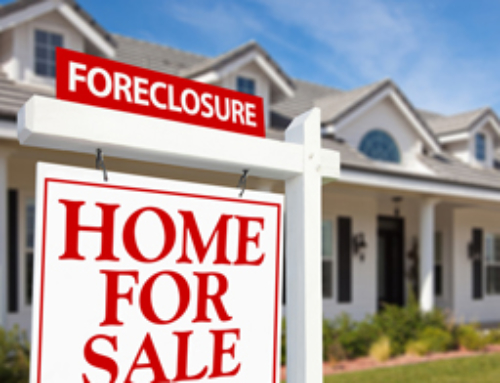 Real Estate Investing: How to Handle Nightmare Tenants
Real Estate Investing: How to Handle Nightmare Tenants
“There’s a beeping sound in the home that’s driving me crazy. Can you come fix it?” When I heard those words, I knew I had a tenant who did not know the basics of home maintenance. In this case, the smoke detector needed a new battery.
Another one of our tenants refused to allow us to show an apartment at the end of the lease term. And some other tenants had a dog they assured me would not be a problem, but ended up causing $2,000 in damage to the wood floors.
What makes a problem tenant, and how should you handle one as a landlord?
First, you will usually want to try to talk with your tenants and find out what their concerns are. You’ll also want to determine if there are any other issues that may be causing problems in the landlord-tenant relationship.
In the case of the beeping smoke detector, the tenants truly had no idea what they were getting into when they rented a home. If these tenants ever buy a home, they will probably end up calling a handyman to change a lightbulb.
The tenants who would not allow showings had a small child, and one of the parents was a full-time student going through finals at school. In their case, simple communication was enough to solve the problem.
As for the situation with the dog, the tenants paid for the damage out of their security deposit.
Some tenants, however, are nightmares, and no amount of communication will fix your problems. Faced with a bad tenant, you’d better hope you have a good lease in place. The lease should outline the tenant’s responsibilities in caring for the home, including replacing batteries in smoke detectors, unclogging toilets, replacing lost keys, and performing other common home-maintenance tasks. The lease may need to include a fee schedule for service calls to the home caused by the tenant, or even a service fee that will be billed to the tenant if he or she misses scheduled appointments.
Your first defense as a landlord is the tenant’s application form. The form should allow you to get a credit report and score for the tenant. This information, along with a tenant interview, will give you an idea of who will be renting your home.
However, your ultimate protection will be the lease your tenant signs and the security deposit you collect. The lease will outline all landlord-tenant interactions, and the security deposit will allow you to recoup your losses from any damages to the property.
Do you have any nightmare tenant—or landlord—stories? Share them in the comments.
If you need help with real estate investing or property management, take a look at the Real Estate Investing eBook package from ThinkGlink.com.
Samuel Tamkin is a Chicago-based real estate attorney with more than 20 years of experience working with residential and commercial clients. Sam received his law degree from the University of Illinois College of Law in Champaign-Urbana and currently practices as a real estate lawyer in Chicago.
READ MORE:
Housing Market Predictions: Where Did the Recovery Go?
Spring Housing Market: 8 Tips For A Successful FSBO
Spring Real Estate Market: Preparing Your House For Sale






